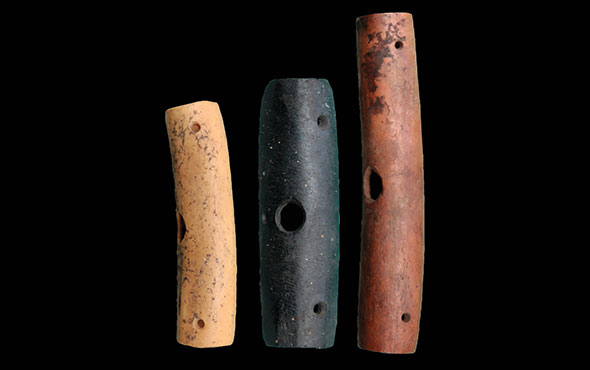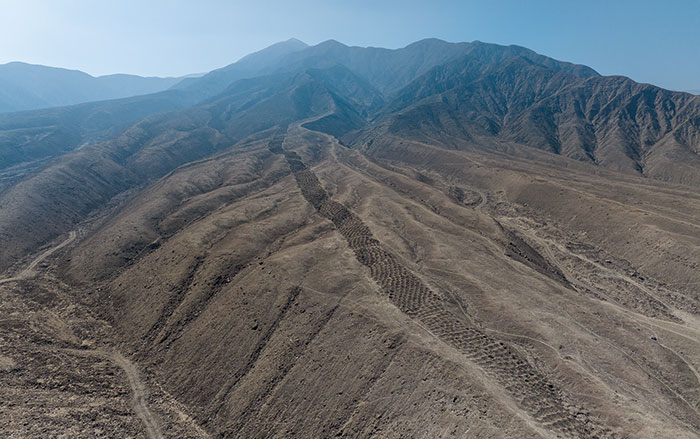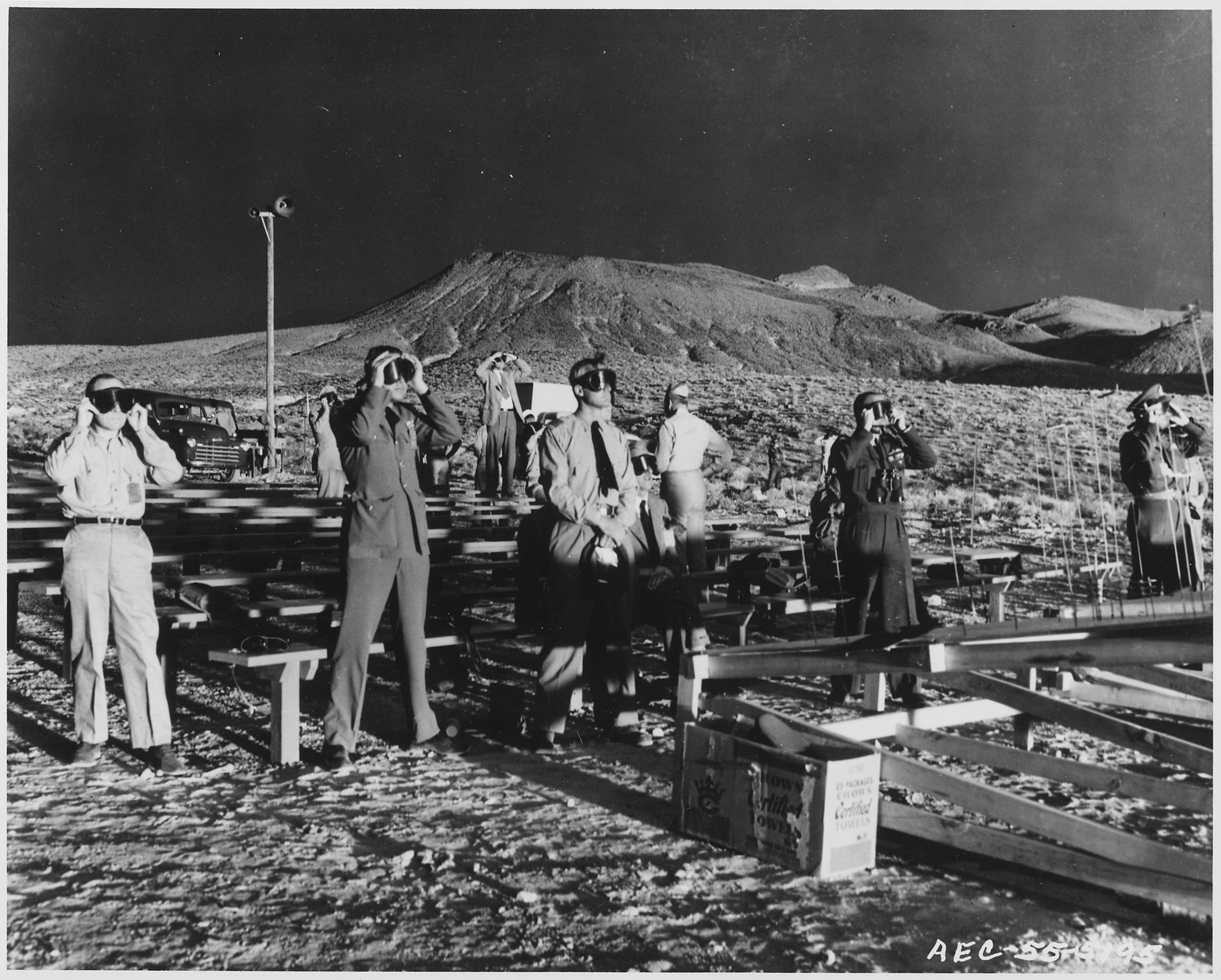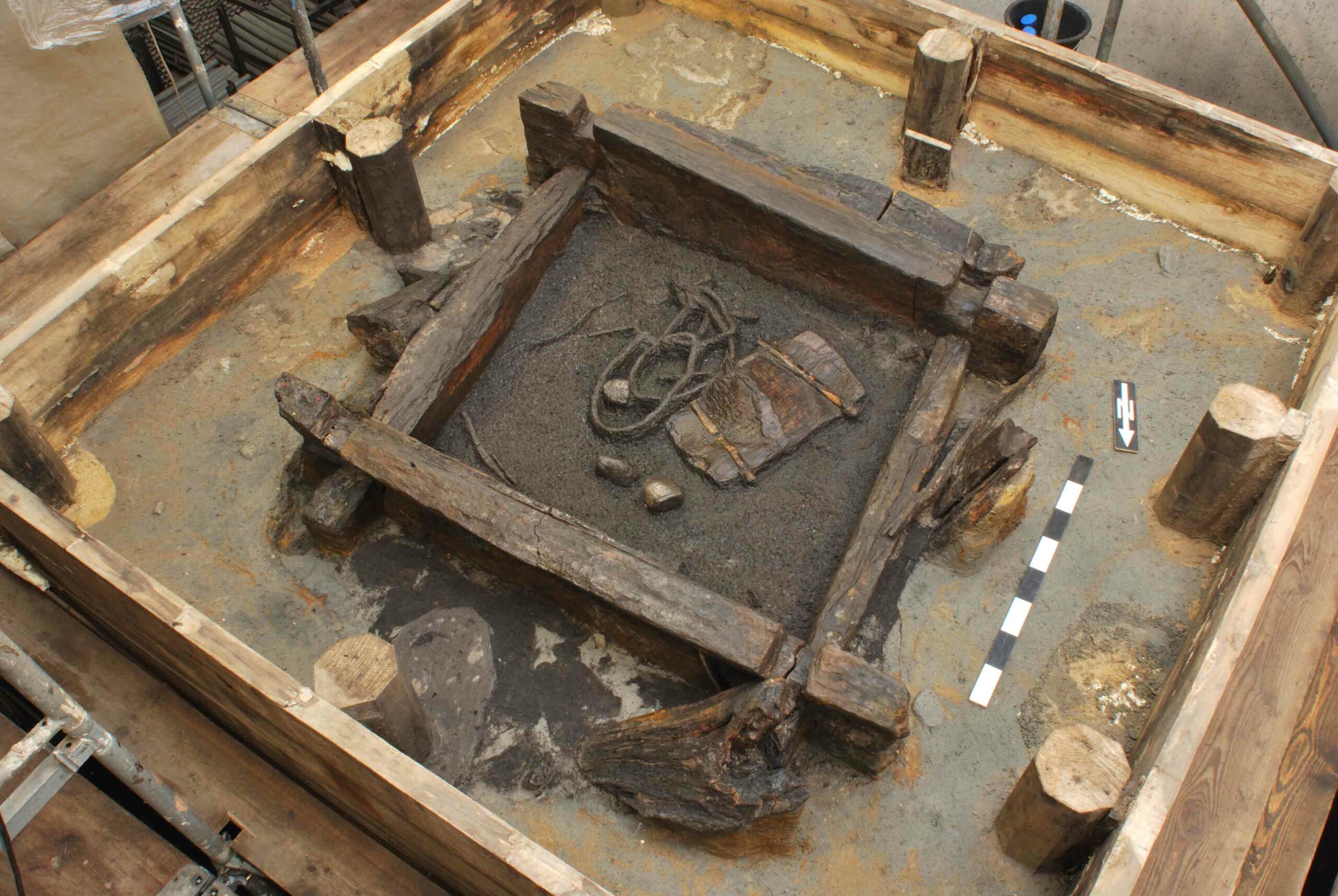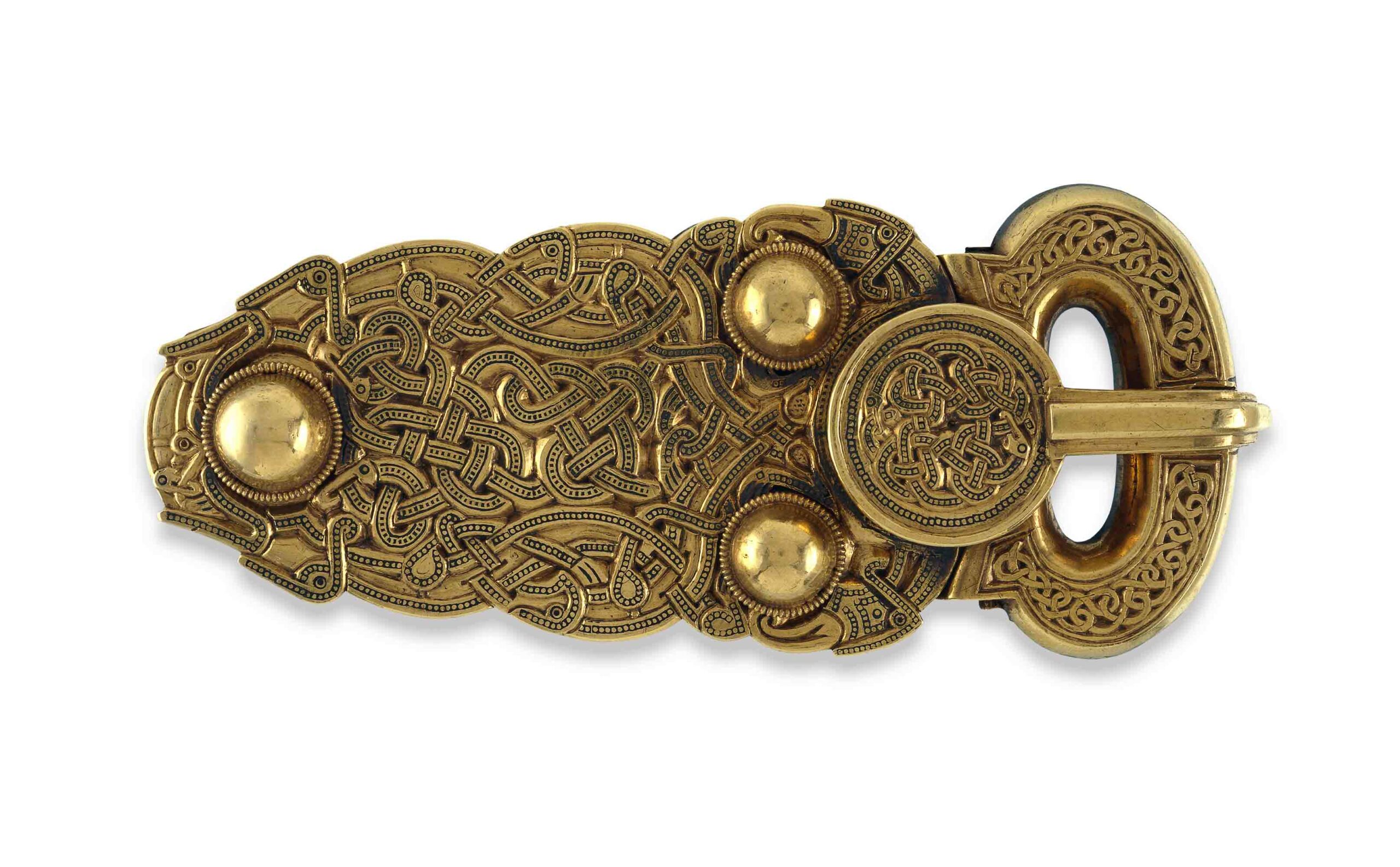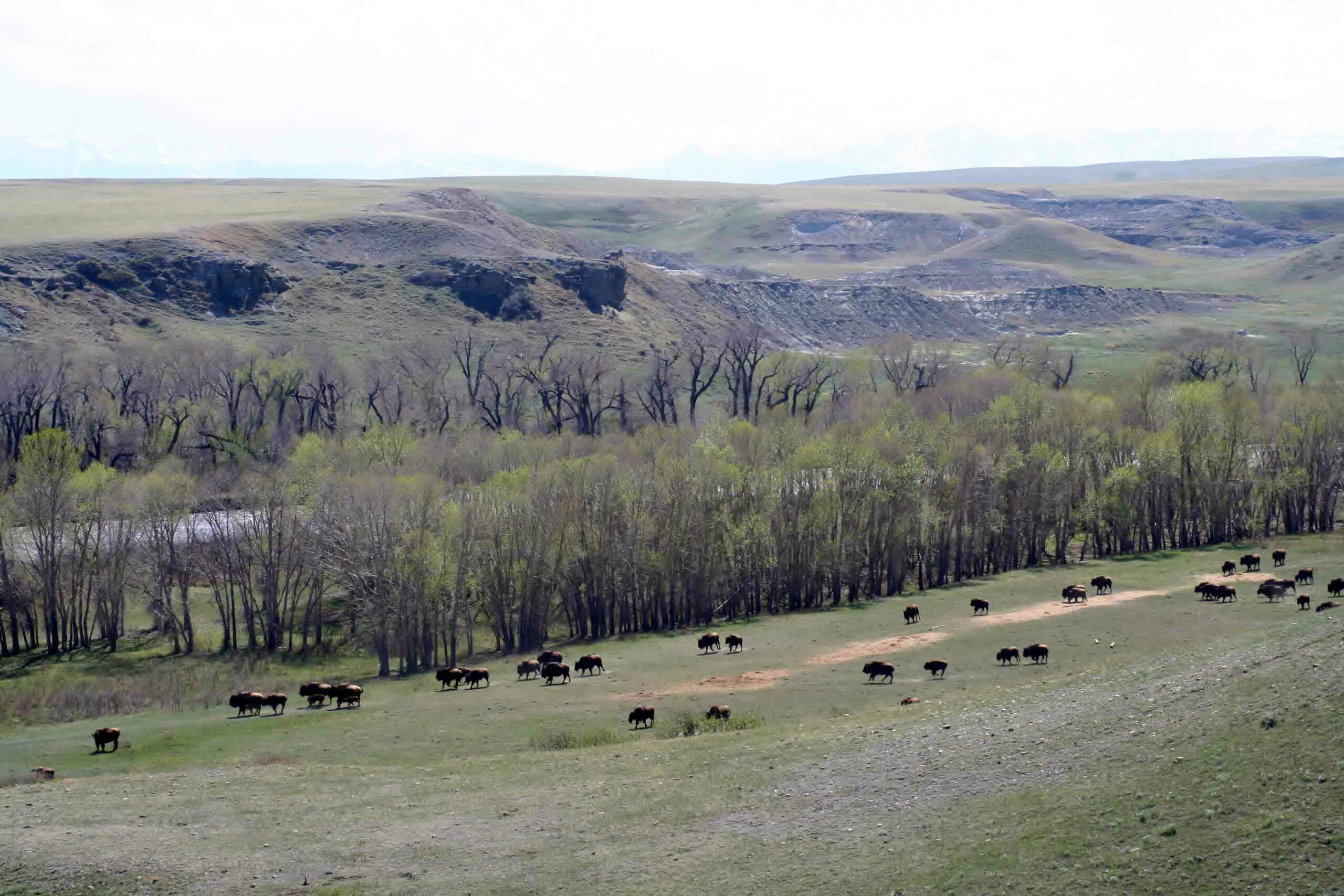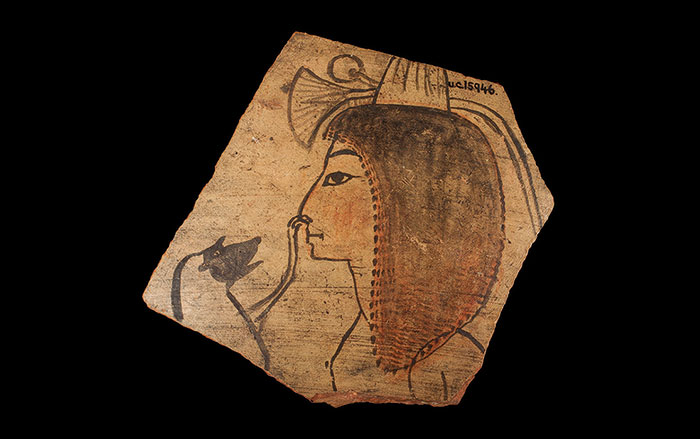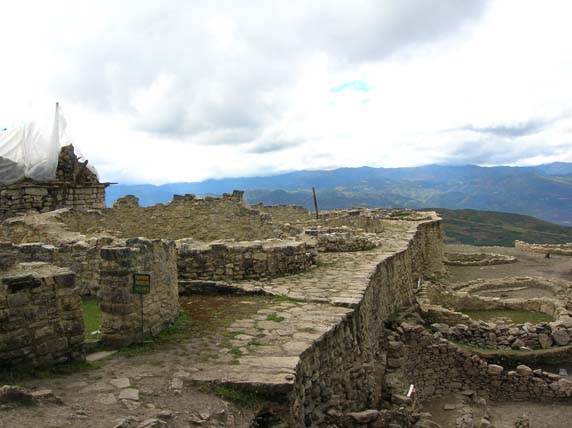
GAINESVILLE, FLORIDA—Peru This Week reports that two skeletons from the pre-Columbian site of Kuelap show signs of bone surgery. The skeletons, both of moderately healthy males that date between 800 and 1535 A.D., had holes drilled in the bones of their legs. According to J. Maria Toyne of the University of Florida, the holes may have been intended to drain fluid and relieve pressure caused by injury or infection, although it is unclear if the patients died during the surgery, or if they may have been recently deceased and their bodies used for training purposes. Toyne adds that the people of the Chachapoya region had developed advanced medical practices during this period. To read more about ancient surgical advances, go to "Artful Surgery."


